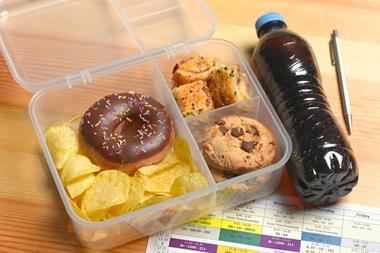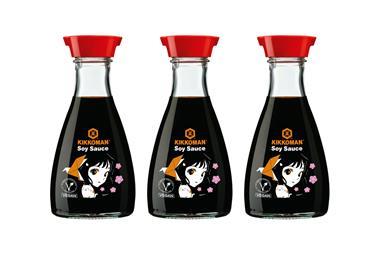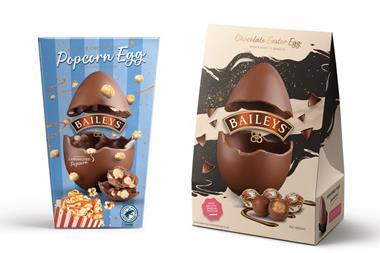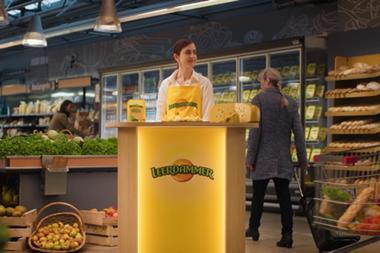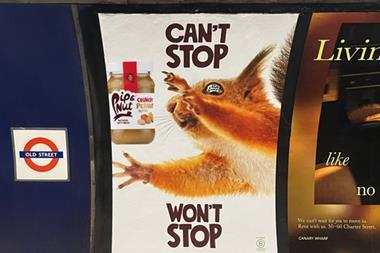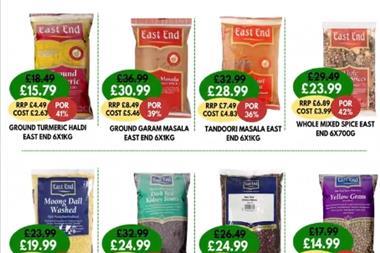Canned goods: Yes you can
2013-07-30T10:00:00

Shoppers are turning to canned food once again, but are retailers making the most of this?
ALREADY HAVE A REGISTERED USER ACCOUNT? PLEASE LOG IN HERE
To read the full story join the ConvenienceStore.co.uk community today!
Registration is quick and easy and provides access to:
- Unlimited ConvenienceStore.co.uk articles
- Our great range of newsletters
- Content you’ve saved for later via the ‘my library’ feature
And much more…
Related articles
More from Products In Depth
Unlimited Access + Newsletters
Register today to gain unlimited access to articles and to receive our great range of email newsletters.





















